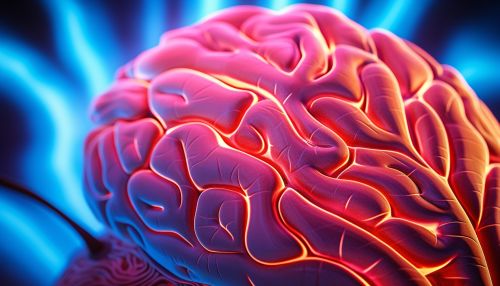Mental Health
Overview
Mental health refers to the state of an individual's psychological, emotional, and social well-being. It affects how we think, feel, and act, playing a crucial role in our ability to handle stress, relate to others, and make decisions. Mental health is important at every stage of life, from childhood and adolescence through adulthood. Psychological, biological, and environmental factors can all contribute to mental health disorders.


Understanding Mental Health
Mental health is a complex interplay of genetic, biological, personality, and environmental factors. It includes our emotional, psychological, and social well-being and affects how we think, feel, and act. Mental health also helps determine how we handle stress, relate to others, and make choices. Mental health is important at every stage of life, from childhood and adolescence through adulthood.


Mental Health Disorders
Mental health disorders, also known as mental illnesses, involve changes in thinking, mood, and/or behavior. These disorders can affect your thinking, feeling, mood, and behavior, and they can be occasional or long-lasting. They can affect your ability to relate to others and function each day. Mental illnesses are common; more than half of all Americans will be diagnosed with a mental illness or disorder at some point in their life.


Types of Mental Health Disorders
There are many different types of mental health disorders. Some of the most common include anxiety disorders, depressive disorders, and schizophrenia. Other types of mental health disorders include bipolar disorder, obsessive-compulsive disorder (OCD), post-traumatic stress disorder (PTSD), and eating disorders.


Causes of Mental Health Disorders
Mental health disorders can have multiple causes. They can be influenced by a number of factors, including genetics, biochemistry, and environmental stressors. For example, some mental health disorders may be linked to an imbalance of chemicals in the brain that help regulate mood and thinking. Additionally, traumatic life experiences such as high levels of stress, the death of a loved one, or a history of abuse can also contribute to the development of certain mental health disorders.


Mental Health Treatment
Treatment for mental health disorders often involves a combination of medication and psychotherapy. Medications can help manage symptoms such as anxiety, depression, or psychosis, while psychotherapy (also known as talk therapy) can help individuals learn more effective ways to deal with their mental health disorder and improve their quality of life.


Importance of Mental Health Awareness
Raising awareness about mental health is crucial in reducing stigma and discrimination associated with mental health disorders. Increased awareness can also lead to more people seeking help and getting the treatment they need. Mental health awareness can be increased through education, advocacy, and open conversation about mental health issues.


